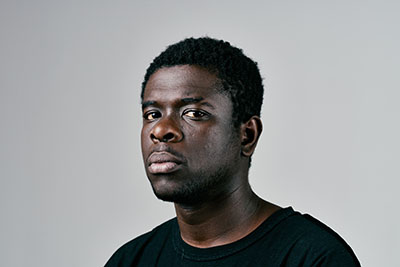

By: Lakeview Health
Repeated use or abuse of addictive prescription or illegal drugs can result in drug dependency. Someone who is dependent on drugs uses it to function normally. This is according to the National Institute on Drug Abuse. If the drug is withdrawn, the individual will experience withdrawal symptoms. Severe symptoms can cause the user to take the drug again to avoid withdrawal. If this sounds like you, perhaps our drug addiction treatment center at Lakeview Health can help.
Drug Dependency Causes and Risk Factors
Dependence on drugs occurs at the final stage of addiction and comes about because of changes to the brain. The length of time it takes to happen varies from person to person. Furthermore, not everyone who grows dependent will develop a full-blown addiction to drugs. Factors that influence whether someone will develop an addiction include age, sensitivity to drugs, and the presence of a psychiatric disorder. The way the user’s brain functions is another factor.
Those who continue drug abuse do so despite the negative consequences of their relationships, job, and physical and mental health. At this stage, the brain has already adapted to the substance, and the user is usually unable to quit without medical help.
Physical vs. Psychological Dependence
A person can develop tolerance and become physically dependent without being psychologically dependent. Physical drug dependency develops from the chronic use of a habit-forming drug. They include stimulants, depressants, opioid painkillers such as fentanyl, and street drugs such as heroin, cocaine, and marijuana. In addition, unpleasant acute withdrawal symptoms will develop if the user suddenly or gradually stops drug use. Common physical withdrawal symptoms include:
- Nausea
- Vomiting
- Body pain
- Fatigue
- Shakiness
- Excessive sweating
In the case of psychological dependence, the individual experiences emotional or mental withdrawal symptoms once drug use stops. Symptoms include anxiety, depression, irritability, mood swings, reduced motivation, and difficulty experiencing pleasure. A person may also continue to crave the drug even after detox and physical withdrawal end. Symptoms that occur after withdrawal are called post-acute withdrawal symptoms (PAWS) and can last for months or years.
Persons with underlying mental health disorders such as bipolar disorder, anxiety, or post-traumatic stress disorder (PTSD) usually have a tougher time getting over psychological dependence. This places them at risk of recurring addiction. As such, they may need to stay in treatment longer than those without a mental health problem.
How is Drug Dependence Treated?
Treatment for drug dependency is similar to how addiction is treated. The first stage in recovery care is detox, which follows intake and a dual diagnosis treatment evaluation. During detox, your body will release built-up chemicals and toxins from drug use. Withdrawal symptoms usually develop within the first 24-48 hours after the last dose, depending on the type of drug involved. The doctors at the medical detox center will monitor your symptoms during this time. Sometimes the physician prescribed medication to clients to reduce severe symptoms. Medication may also be used to treat persistent drug cravings and other PAWS throughout the recovery phase.
Treating Drug Dependency at Lakeview Health
Lakeview Health is a Florida rehab for alcohol and drug dependency. Since each individual experience with drugs is different, your personalized recovery care plan may include multiple treatment approaches. This aligns with our goal to treat the client’s whole health. Treatment models address substance abuse as well as physical, mental, and emotional health.
You or your loved one can receive recovery care at the residential treatment center. Other treatment options at our Jacksonville, FL, rehab centers include:
- Residential treatment program
- Partial hospitalization treatment program
- Intensive outpatient treatment program
- 12 step programs
Persons diagnosed with a mental health disorder may receive dual diagnosis treatment to help them overcome drug dependence. The process involves talking with a therapist and adopting positive ways to manage your mental health instead of using drugs to suppress pain or trauma. We can also continue to assist in your long-term recovery after you leave rehab through the aftercare programs. The family therapy program is also available to help clients and their loved ones rebuild their relationships.
If you’re ready to start your recovery journey, contact Lakeview Health at [Direct] to talk with a counselor in Jacksonville, FL.





